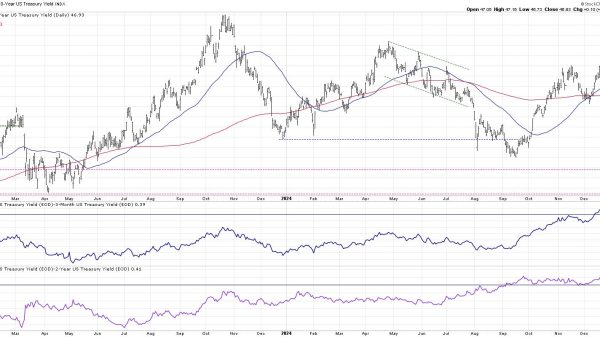ASIAN economies are in a better position than their developed-world counterparts to absorb shocks from a banking crisis that has roiled global financial markets, according to analysts at Morgan Stanley.
“We saw a number of factors which would keep Asia’s domestic demand robust, hence helping in its growth outperformance,” analysts led by Chetan Ahya wrote in a research note. They highlighted strong liquidity coverage ratios at Asian banks and “relatively stable” debt—to-GDP (gross domestic product) ratios. On top of that, monetary policy is not as restrictive yet as it is in the US, they said. As a result, “the downside risk to Asia’s growth will be more muted.”
Morgan Stanley does expect some tightening in lending standards to occur in Asia in response to US bank stress, though “the magnitude and persistence are likely to be less intense than what is likely to transpire in the US.”
Whether Asia’s growth can outperform the developed world will depend on how the US economy evolves, they said, laying out two potential scenarios:
A deep slowdown or mild recession in the US: Growth impact to Asia will likely be manageable
US hard landing: Asia’s growth will be weighed down but the net impact will be less than in developed markets and the region will recover faster than the US and Europe.
Policymakers are racing to ease growth strains and a loss of confidence in the global financial system after the collapse of Silicon Valley Bank and as UBS Group AG agreed to buy Credit Suisse Group AG in a government-brokered deal.
Over the weekend, the Federal Reserve and five other central banks announced coordinated action to boost liquidity in US dollar swap arrangements. — Bloomberg























